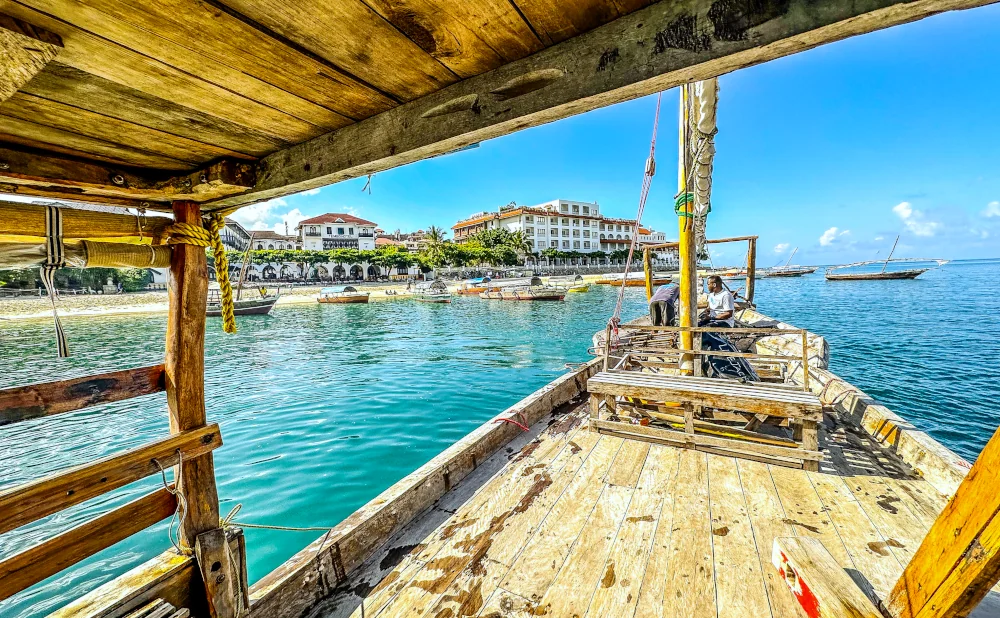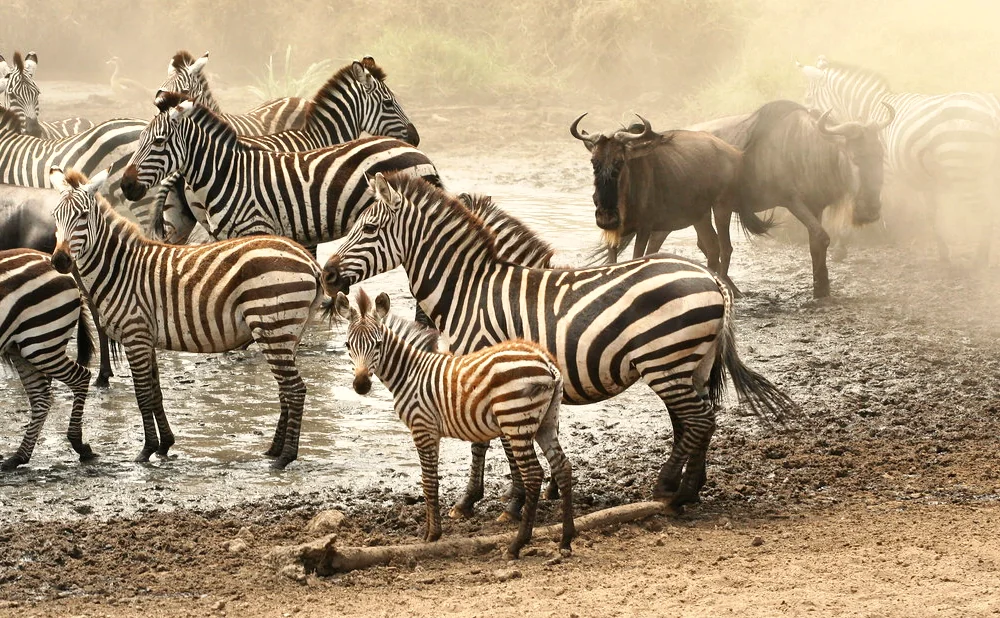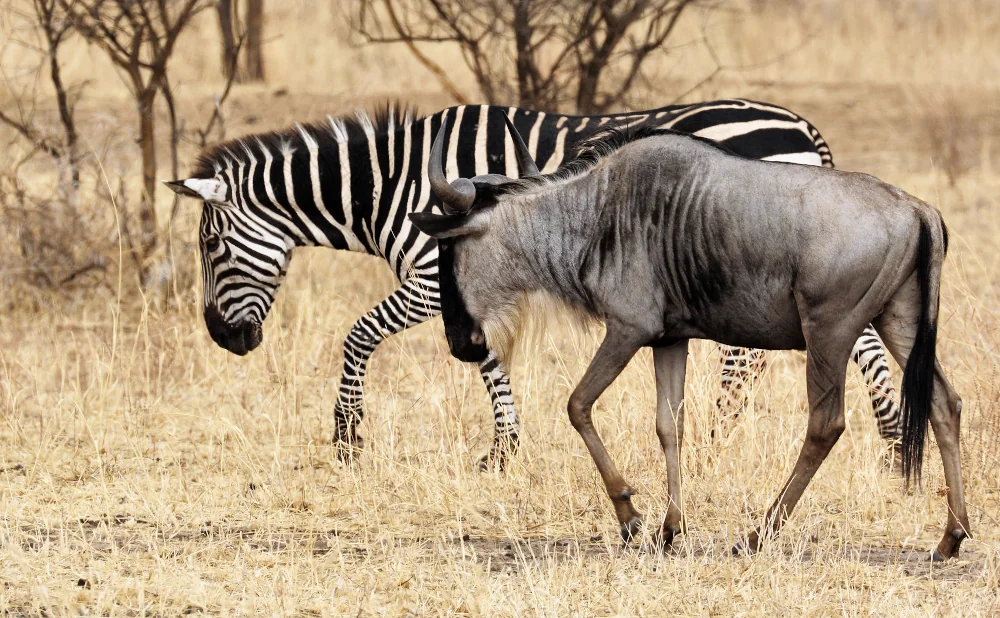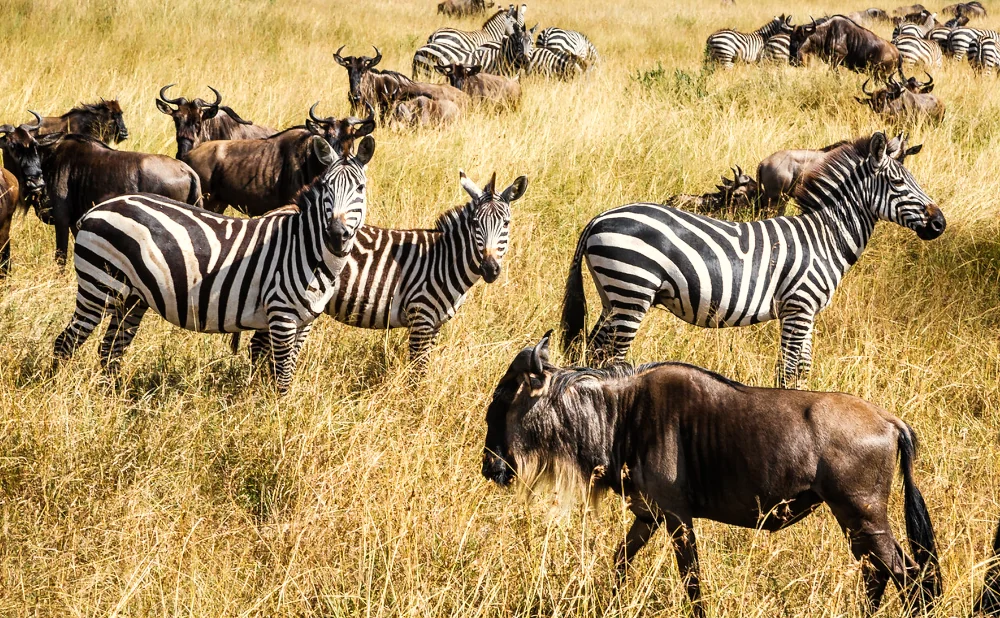Exploring the Rich Culture of Marangu
Marangu, a vibrant community nestled at the foothills of Mount Kilimanjaro, is a treasure trove of cultural richness. Its unique traditions, customs, and way of life offer a captivating glimpse into the heart of Tanzanian culture.
The Marangu culture is deeply intertwined with the iconic Marangu route. This route, the oldest and most popular path on Kilimanjaro, is steeped in local lore and tradition. It's a testament to the community's enduring connection with the majestic mountain.
But Marangu's cultural richness extends beyond its ties to Kilimanjaro. From the traditional architecture of its homes to the importance of coffee farming in its economy, Marangu's culture is a tapestry of fascinating elements.
In this article, we delve into the heart of Marangu culture. We explore its historical roots, traditional customs, and the role it plays in the broader Tanzanian cultural landscape.
Join us on this journey as we uncover the cultural gems of Marangu, a community that embodies the spirit of Tanzania in its purest form.
The Historical Roots of Marangu Culture
The Marangu culture has a rich historical background that dates back centuries. This community is part of the larger Chagga tribe, one of the most influential ethnic groups in Tanzania. The Chagga people have a long history of farming and trade, which has shaped the cultural landscape of Marangu.
The Marangu community has managed to preserve its cultural heritage despite the challenges of modernity. This preservation is evident in their traditional practices, language, and the stories passed down through generations. These elements form the bedrock of Marangu's cultural identity, making it a fascinating study of cultural resilience and continuity.
Marangu and the Chagga Tribe
Marangu is an integral part of the Chagga tribe, one of the largest ethnic groups in Tanzania. The Chagga people are known for their advanced agricultural practices and their unique system of irrigation. This has greatly influenced the Marangu culture, particularly in terms of their economic activities and food traditions.
The Chagga tribe's influence is also evident in the Marangu community's social structure and traditional practices. The tribe's rich history and cultural heritage have played a significant role in shaping the Marangu culture, making it a unique blend of tradition and modernity.
Traditional Customs and Practices
The Marangu culture is rich in customs and traditions that have been passed down through generations. These customs are deeply rooted in their daily life, from birth to death, and are a testament to their strong cultural identity. The Marangu people have a deep respect for their elders, who are considered the custodians of their cultural heritage.
One of the most notable practices is the traditional healing system, which relies on the knowledge of medicinal plants and herbs. This practice not only reflects the Marangu people's deep connection with nature but also their resilience in preserving their cultural practices amidst modern influences.
The Marangu Route: A Cultural Journey
The Marangu route, the oldest and most popular path on Mount Kilimanjaro, is more than just a trekking trail. It is a journey through the heart of Marangu culture. The route is often guided by local Marangu people, who share stories and traditions, making the trek a cultural immersion.
The intertwining of the Marangu culture with the Kilimanjaro Marangu route is a testament to the community's deep connection with the mountain. The route offers a unique opportunity to experience the Marangu culture in its most authentic form, amidst the breathtaking landscapes of Kilimanjaro.
Coffee Farming: The Lifeline of Marangu
In Marangu, coffee farming is more than just an economic activity. It is a cultural tradition that has shaped the community's way of life for generations. The lush coffee plantations are a common sight in Marangu, reflecting the region's fertile soils and favorable climate.
The process of coffee farming, from planting to harvesting and processing, involves traditional methods passed down through generations. This practice not only sustains the local economy but also preserves the cultural heritage of Marangu, making coffee farming an integral part of the Marangu culture.
Local Cuisine: A Taste of Marangu
The Marangu culture is richly reflected in its local cuisine, offering a unique gastronomic experience. The food is a blend of traditional African dishes, influenced by the agricultural produce of the region. Staples like bananas, maize, and beans form the basis of most meals, prepared with a touch of Marangu's culinary flair.
The local cuisine also includes unique dishes like 'Mtori', a traditional banana soup, and 'Ndafu', a dessert made from ripe bananas. These dishes, prepared using age-old recipes, offer a taste of Marangu's rich cultural heritage and its deep connection with the land.
Architecture and Homesteads of Marangu
The architecture in Marangu is a testament to the community's resourcefulness and respect for nature. Traditional homes, known as 'Chagga huts', are circular in shape, built using local materials like mud, wood, and thatch. These huts, with their conical roofs and compact design, are well-suited to the region's climate.
Inside, the huts are divided into sections for cooking, sleeping, and livestock. This efficient use of space reflects the Marangu people's lifestyle, where farming and livestock rearing are integral parts. The architecture of Marangu, thus, offers a glimpse into the community's way of life and their harmonious relationship with the environment.
The Role of Storytelling in Cultural Preservation
Storytelling holds a special place in Marangu culture. It is through these oral traditions that the community's history, values, and wisdom are passed down from generation to generation. These stories, often shared around the fire during communal gatherings, serve as a living library of Marangu's cultural heritage.
Moreover, storytelling in Marangu is not just about preserving the past. It also plays a crucial role in shaping the community's present and future. By sharing stories, the Marangu people continue to foster a sense of identity and unity, ensuring their culture remains vibrant and relevant in the modern world.
Challenges and Modernity in Marangu
Like many indigenous cultures, Marangu faces the challenge of preserving its traditions in a rapidly modernizing world. The influx of technology, urbanization, and global influences has brought about significant changes in the community's way of life. While these developments offer opportunities for growth and progress, they also pose threats to the preservation of Marangu's unique cultural heritage.
Despite these challenges, the Marangu community has shown remarkable resilience. They have found ways to integrate modernity into their lives without losing their cultural identity. This delicate balance between tradition and modernity is a testament to the adaptability and strength of Marangu culture.
Preserving Marangu's Cultural Heritage
Efforts to preserve Marangu's cultural heritage are ongoing. These include initiatives by local cultural institutions, non-profit organizations, and community leaders. They aim to document, protect, and promote Marangu's traditions, ensuring that future generations can continue to learn from and appreciate this rich cultural heritage.











